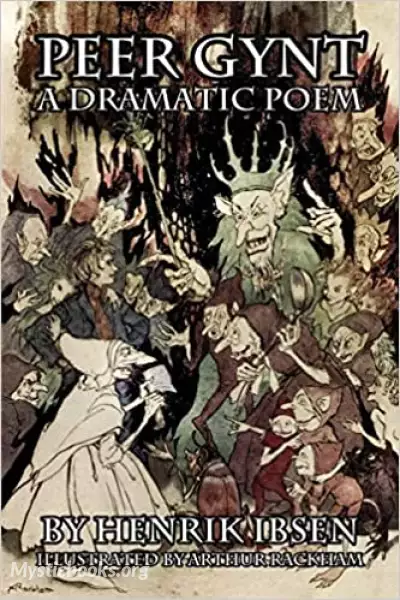
Peer Gynt
by Henrik Ibsen
'Peer Gynt ' Summary
Peer Gynt chronicles the journey of its title character from the Norwegian mountains to the North African desert. According to Klaus Van Den Berg, "its origins are romantic, but the play also anticipates the fragmentations of emerging modernism" and the "cinematic script blends poetry with social satire and realistic scenes with surreal ones." Peer Gynt has also been described as the story of a life based on procrastination and avoidance. The play was written in Italy and a first edition of 1,250 copies was published on 14 November 1867 by the Danish publisher Gyldendal in Copenhagen. Although the first edition swiftly sold out, a reprint of two thousand copies, which followed after only fourteen days, did not sell out until seven years later.
While Bjørnstjerne Bjørnson admired the play's "satire on Norwegian egotism, narrowness, and self-sufficiency" and described it as "magnificent", Hans Christian Andersen, Georg Brandes and Clemens Petersen all joined the widespread hostility, Petersen writing that the play was not poetry. Enraged by Petersen's criticisms in particular, Ibsen defended his work by arguing that it "is poetry; and if it isn't, it will become such. The conception of poetry in our country, in Norway, shall shape itself according to this book." Despite this defense of his poetic achievement in Peer Gynt, the play was his last to employ verse; from The League of Youth (1869) onwards, Ibsen was to write drama only in prose.
Ibsen wrote Peer Gynt in deliberate disregard of the limitations that the conventional stagecraft of the 19th century imposed on drama. Its forty scenes move uninhibitedly in time and space and between consciousness and the unconscious, blending folkloric fantasy and unsentimental realism. Raymond Williams compares Peer Gynt with August Strindberg's early drama Lucky Peter's Journey (1882) and argues that both explore a new kind of dramatic action that was beyond the capacities of the theatre of the day; both created "a sequence of images in language and visual composition" that "became technically possible only in film." Peer Gynt was first performed in Christiania (now Oslo) on 24 February 1876, with original music composed by Edvard Grieg that includes some of today's most recognised classical pieces, "In the Hall of the Mountain King" and "Morning Mood". It was published in German translation in 1881, in English in 1892, and in French in 1896. The contemporary influence of the play continues into the Twenty-First Century; it is widely performed internationally both in traditional and in modern experimental productions.
Book Details
Authors
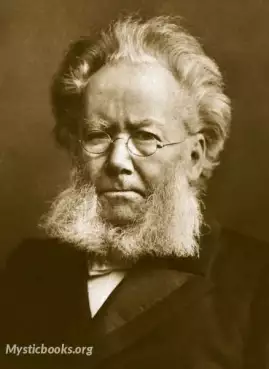
Henrik Ibsen
Norway
Henrik Johan Ibsen was a Norwegian playwright and theatre director. As one of the founders of modernism in theatre, Ibsen is often referred to as "the father of realism" and one of the most influentia...
Books by Henrik IbsenListen/Download Audiobook
- Select Speed
Related books

Who's the Dupe by Hannah Cowley
is a captivating and humorous book that will leave young readers guessing until the very end. Written by Hannah Cowley, this comedic masterpiece is s...

The Bible in Shakspeare by William Burgess
A compendium and analysis of similarities between the Bible and passages in Shakespeare's plays and other works, including Biblical references in Shak...
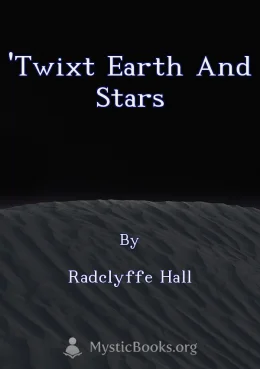
'Twixt Earth and Stars by Radclyffe Hall
"Twixt Earth and Stars" is a collection of poems by Radclyffe Hall, known for her controversial lifestyle and candid exploration of same-sex relations...

Nagelaten Bekentenis by Marcellus Emants
"Mijn vrouw is dood en al begraven."Hiermee opent Willem Termeer zijn bekentenis. Het zou zonde zijn om hier meer details te vermelden - laat Termeer...
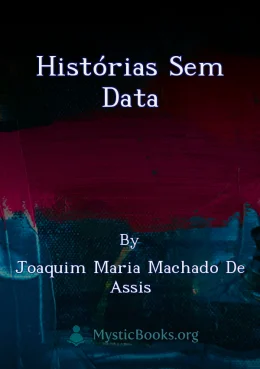
Histórias Sem Data by Joaquim Maria Machado de Assis
Histórias Sem Data é uma coletânea de contos de Machado de Assis, um dos maiores escritores brasileiros. Escrito em 1884, o livro explora temas como a...
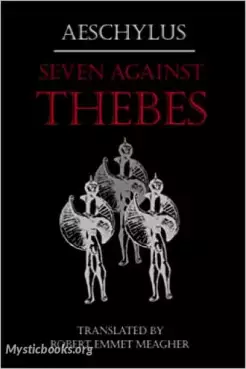
Seven Against Thebes by Aeschylus
Seven Against Thebes is the third play in an Oedipus-themed trilogy produced by Aeschylus in 467 BC. The trilogy is sometimes referred to as the Oedip...

Shakespeare Monologues Collection vol. 09 by William Shakespeare
This is the ninth collection of monologues from Shakespeare’s plays. Containing 20 parts.
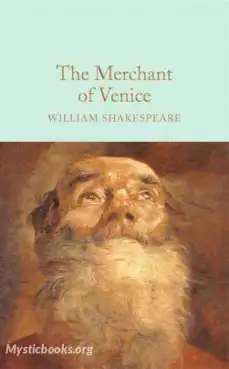
The Merchant of Venice by William Shakespeare
The Merchant of Venice is a 16th-century play written by William Shakespeare in which a merchant in Venice named Antonio defaults on a large loan prov...
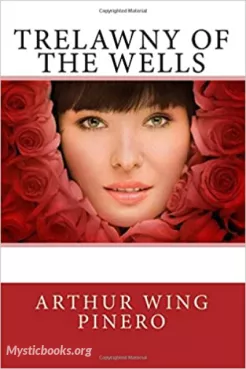
Trelawny of the Wells by Arthur Wing Pinero
This is the story of a young actress named Rose Trelawny, who struggles to adapt to the changing times of the theatre world in the late 19th century....
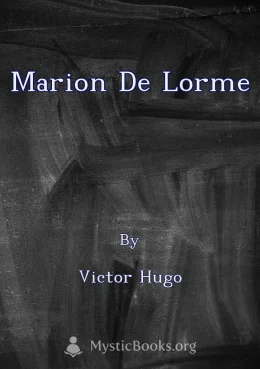
Marion de Lorme by Victor Hugo
Marion de Lorme is a play by Victor Hugo about a famous French courtesan of the same name. The play is set in 17th-century Paris and tells the story o...
Reviews for Peer Gynt
No reviews posted or approved, yet...